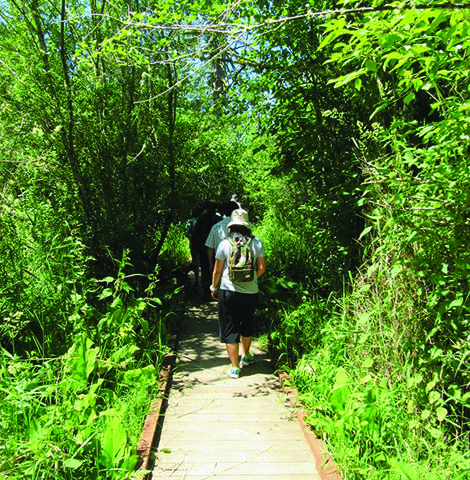More women than ever are benefitting from Social Security
Social Security plays an especially important role in providing economic security for women.
In the 21st century, more women work, pay Social Security taxes, and earn credit toward monthly retirement income than at any other time in our nation’s history. In fact, about 59 percent of people getting Social Security payments are women. But women face greater economic challenges in retirement:
• Women tend to live longer than men. A woman who is 65 years old today can expect to live, on average, until about 87, while a 65-year-old man can expect to live, on average, until about 84;
• Women often have lower lifetime earnings than men.
• And women may reach retirement with smaller pensions and other assets than men.
Social Security offers a basic level of protection to all women. When you work, you pay taxes into the Social Security system, providing for your own benefits. In addition, your spouse’s earnings can give you Social Security coverage as well. Women who don’t work are often covered through their spouses’ work. When their spouses retire, become disabled, or die, women can receive benefits. There are also options of filing on a divorced spouse’s record.
If you’re a worker age 18 or older, you can get a Social Security Statement online. Your statement is a valuable tool to help you plan a secure financial future, and we recommend that you look at it each year. Your Statement provides a record of your earnings. To create an account online and review your Statement, visit our website at www.socialsecurity.gov/myaccount.
If your spouse dies, you can get widow benefits if you’re 60 or older. If you have a disability, you can get widow’s benefits as early as age 50. Your benefit amount will depend on your age and on the amount your deceased spouse was entitled to at the time of death. If your spouse was receiving reduced benefits, your survivor benefit will be based on that amount.
You may be eligible for widow’s benefits and Medicare before age 65 if you have a disability and are entitled to benefits. You also may be eligible for benefits if you are caring for a child who is younger than 16.
Our “People Like Me†website for women has valuable resources for people of all ages. You can access it at www.socialsecurity.gov/people/women.
To read more about how we can help you, read and share the publication “What Every Woman Should Know†at www.socialsecurity.gov/pubs/EN-05-10127.pdf.
Kirk Larson, who wrote this article, is a Social Security public affairs specialist.
